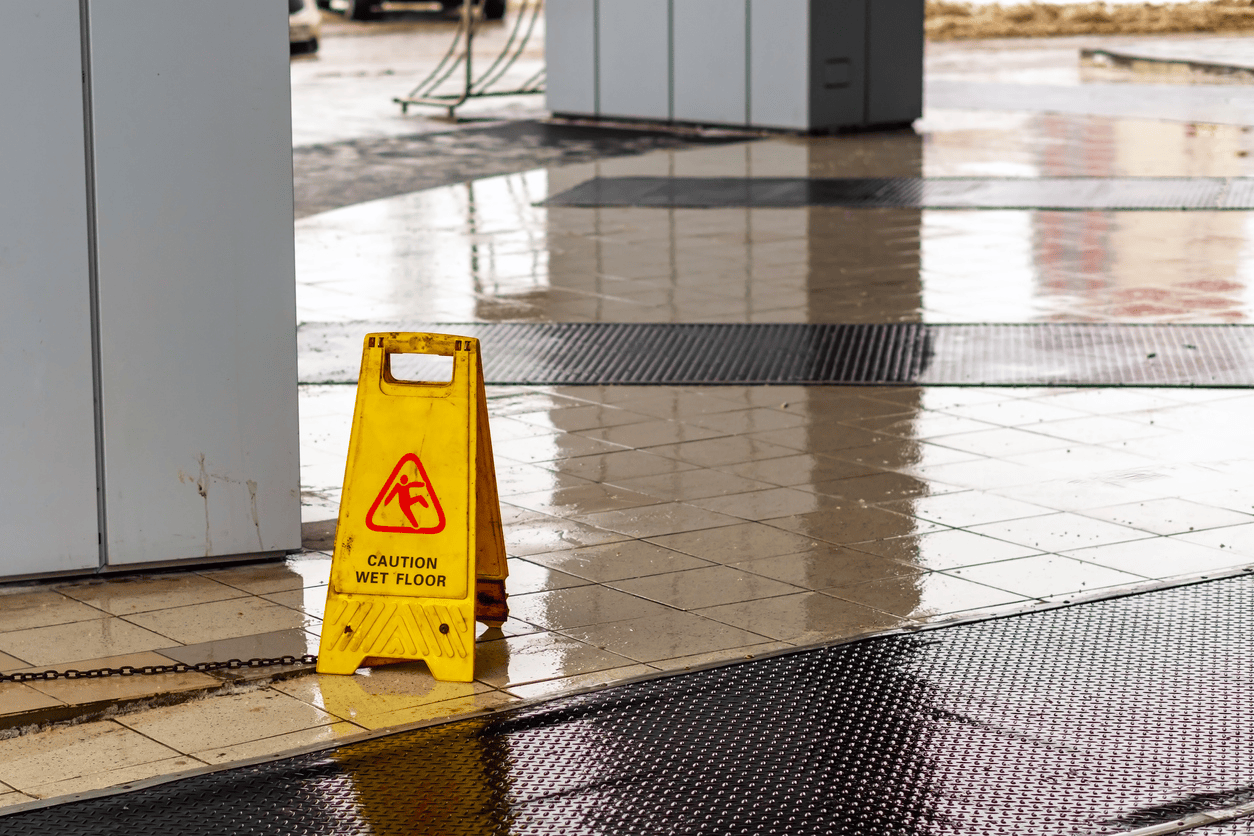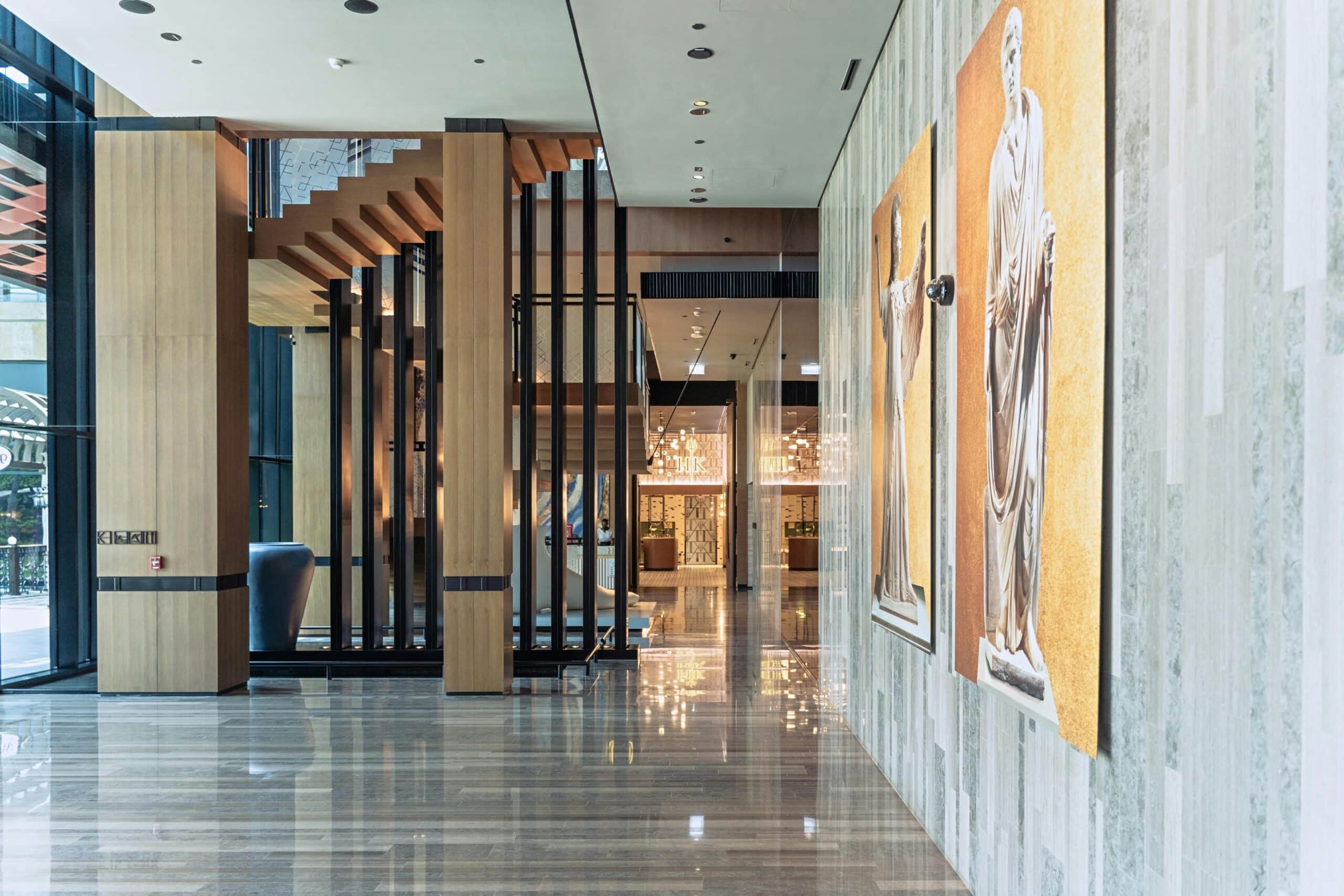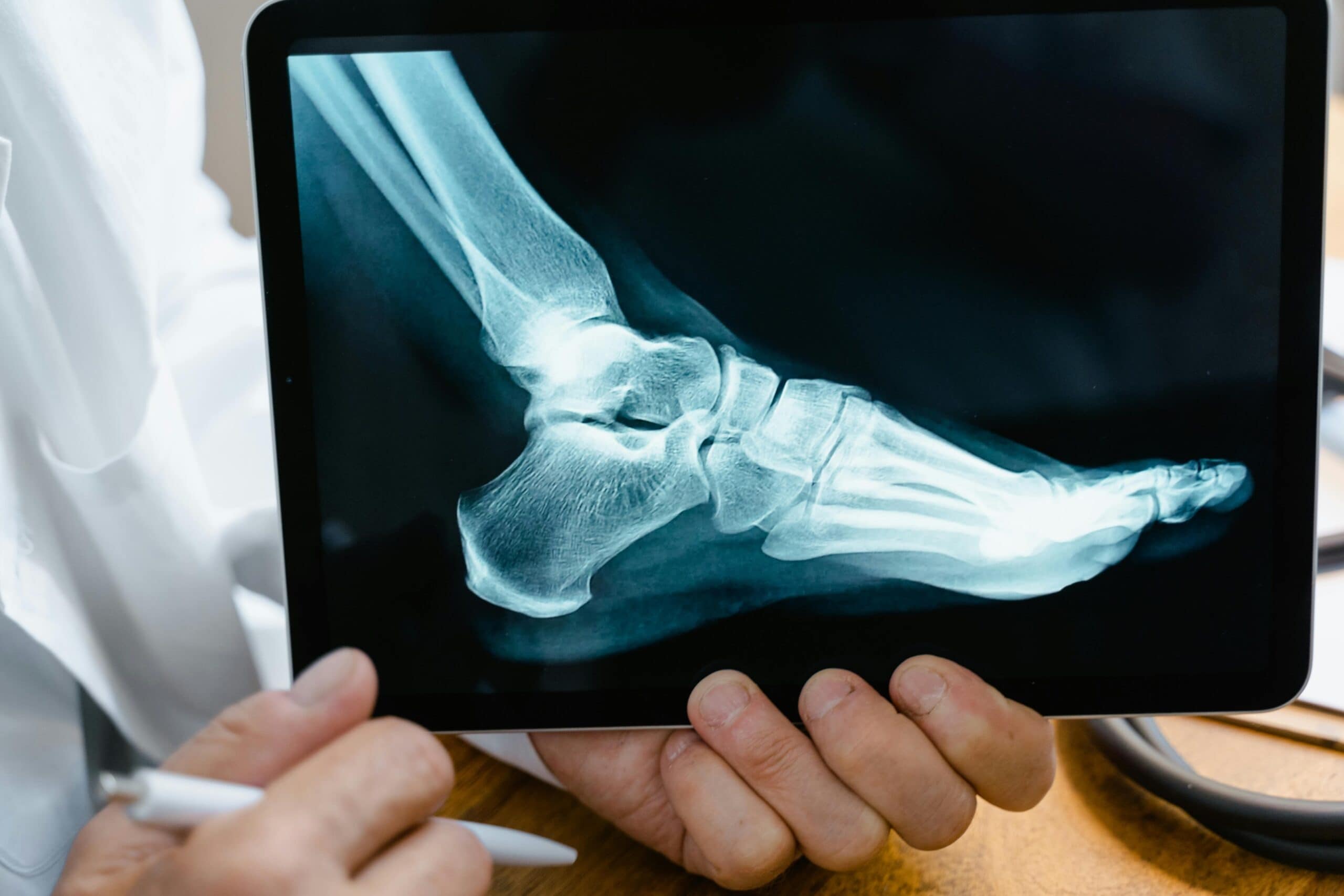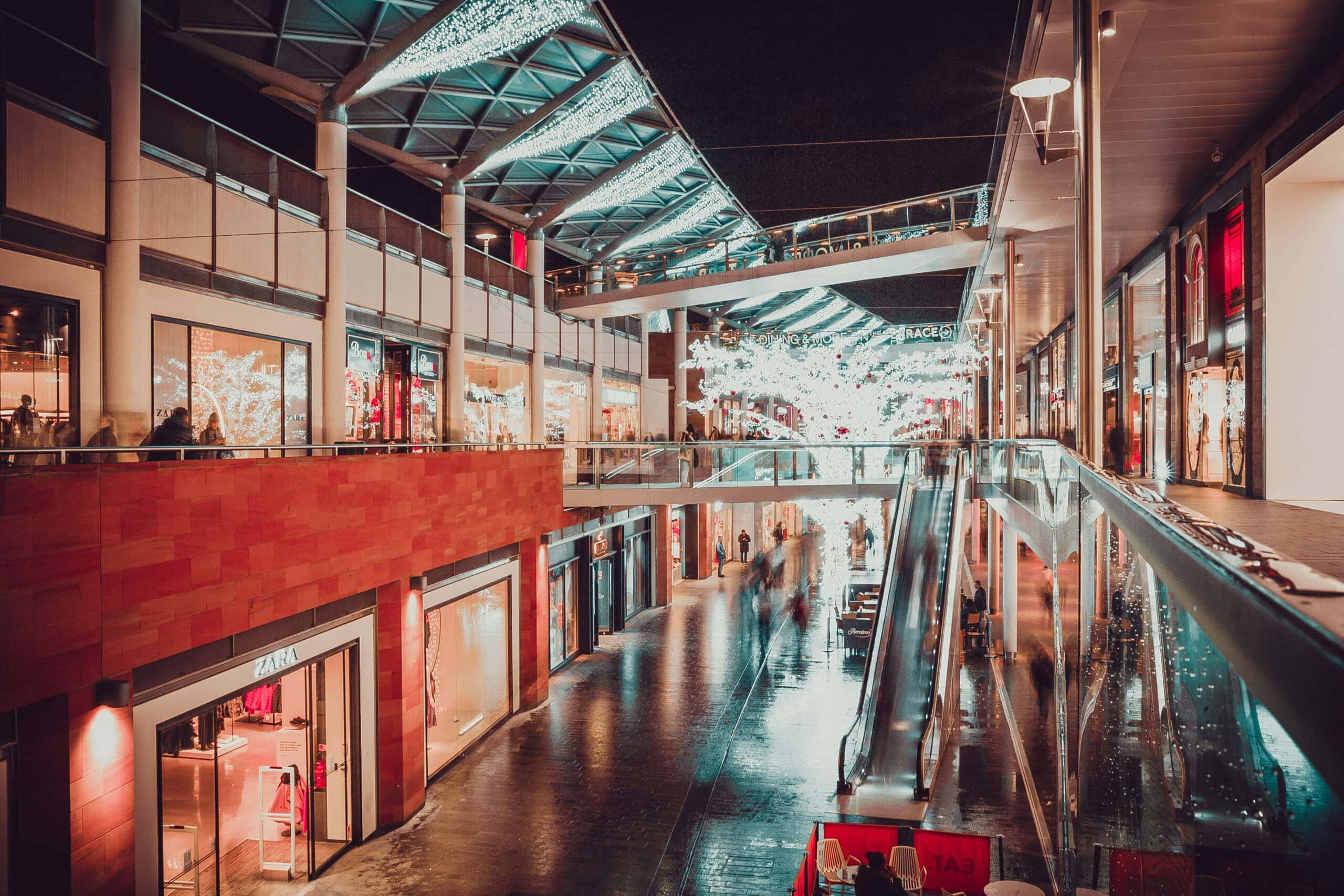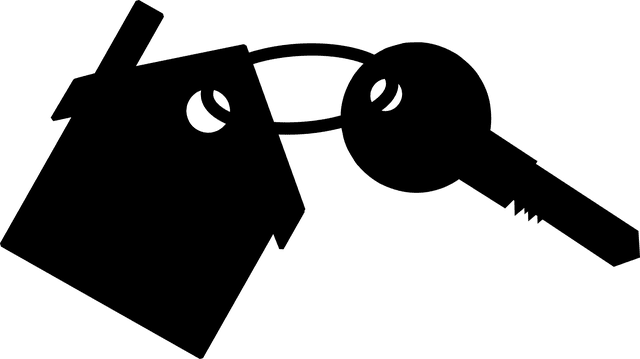
Accidents can happen anywhere—a grocery store, a neighbor’s house, or even a public park. However, when an injury occurs due to unsafe conditions on someone else’s property, you may have the right to file a premises liability claim. But you can only do this if you know how to file a premises liability claim & win compensation.
If you feel lost, know that you’re not the only one. Victims usually hire an experienced premises liability lawyer for their personal injury claims. This is why most successful premises liability claims for medical bills and other expenses get settled out of court.
Understanding Premises Liability Claims and How They Work
A premises liability accident and liability law can vary from case to case. This legal process for premises liability settlements allows victims to seek compensation for various damages. This can be for medical expenses, lost wages, pain and suffering, and other damages.
Moreover, personal injury law protects the victims and ensures reasonable care even in the case of an out-of-court settlement.
If you’ve been injured on another person’s property due to negligence, understanding the filing process is crucial. This guide will walk you through each step in detail, ensuring that you’re well-prepared to pursue your claim and secure the compensation you deserve.
Let’s step back and look at what premises liability in private or government-owned property can look like:
What is Premises Liability?
Premises liability is a legal concept holding property owners accountable when their negligence causes harm to others. This applies to homeowners, business owners, landlords, and even government entities responsible for maintaining public spaces.
Common causes of premises liability injuries include:
- Slips and wet or uneven floor/ surfaces
- Poor lighting, leading to trip hazards
- Defective stairs or railings
- Falling objects
- Dog bites
- Electrical hazards
- Negligent security, leading to assaults
Essentially, if a property owner fails to maintain safe conditions and someone gets hurt, the owner may be held liable. However, proving negligence and successfully filing a claim requires a strategic approach. Moreover, there are key elements to prove in premises liability cases that you should keep in mind.

Step-by-Step Guide to Filing a Premises Liability Claim
Accidents can still occur even when property owners maintain safe premises. However, the liable party might try to avoid liability. For instance, if the offender or the property owner knew that you didn’t get medical attention right away.
So, here are some steps to follow for filing a premises liability claim:
1. Seek Immediate Medical Attention
Your health should be the top priority. Even if your injury seems minor at first, symptoms can worsen over time. Seeking medical care not only protects your well-being but also strengthens your claim. Medical records serve as vital evidence linking your injury to the accident.
Additionally, delaying medical treatment can give the insurance company grounds to argue that your injury isn’t severe or wasn’t caused by the accident.
2. Report the Incident
Inform the property owner, manager, or landlord about the accident as soon as possible. If the injury occurs at a business, ask for an official incident report. Request a copy for your records, as this document can serve as evidence when proving your case.
For accidents on rental properties, notify your landlord in writing. If the incident happens in a public space, such as a park or government building, you may need to file a report with the relevant municipal authority.
3. Gather Crucial Evidence
To win a premises liability case, you need strong evidence proving the property owner’s negligence. Here’s what to collect:
Photos and Videos:
Take pictures of the accident scene, hazardous conditions, and your injuries.
Witness Statements:
If anyone saw the accident, collect their contact information and ask for a brief statement.
Surveillance Footage:
If the accident happened at a business, request security camera footage before it’s deleted.
Medical Records:
Keep track of all doctor visits, treatments, prescriptions, and diagnoses.
Accident Report:
If you filed a report with the property owner or police, secure a copy.
Your Personal Account:
Write down everything you remember about the accident, including the date, time, location, and how it happened.

4. Determine Who is Liable
Liability in premises liability cases depends on several factors. The key question is whether the property owner was negligent. This means:
- They were aware (or should have been aware) of the hazardous condition.
- They failed to take reasonable steps to fix or warn visitors about the danger.
- Their negligence directly led to your injuries.
It’s also important to consider your legal status at the time of the accident:
- Invitees (shoppers, tenants, customers) are owed the highest duty of care.
- Licensees (social guests, delivery workers) are owed a moderate duty of care.
- Trespassers are generally not owed a duty of care, except in special cases (e.g., children entering a hazardous area).
5. Consult a Premises Liability Lawyer
While you can file a claim on your own, hiring an experienced premises liability attorney significantly improves your chances of winning compensation. A lawyer can:
- Evaluate the strength of your case
- Negotiate with insurance companies
- Handle complex legal paperwork
- Represent you in court if necessary
Most personal injury lawyers work on a contingency fee basis, meaning you don’t pay unless they win your case.
6. File an Insurance Claim
In many premises liability cases, compensation comes from the property owner’s insurance. This could be:
- Homeowner’s insurance
- Business liability insurance
- Renters’ insurance
- Government liability coverage (for public property accidents)
When filing your claim, include all relevant evidence, medical records, and a demand for compensation. Be prepared for the insurance company to push back—they may try to minimize your payout or deny liability. A lawyer can help counter their tactics and negotiate a fair settlement.
7. File a Lawsuit if Necessary
If the insurance company refuses to offer a fair settlement, you may need to file a lawsuit. This involves:
- Drafting a Complaint: A formal legal document outlining your claim and damages.
- Discovery Phase: Both sides exchange evidence and question witnesses.
- Negotiation & Mediation: Many cases are settled before trial through mediation or arbitration.
- Trial: If no settlement is reached, the case goes to court, where a judge or jury decides the outcome.
It’s important to note that statutes of limitations apply. Each state has a deadline for filing premises liability lawsuits, typically ranging from 1 to 4 years. Missing this deadline can result in losing your right to compensation.

Maximizing Your Compensation
To ensure you receive the maximum compensation possible, follow these key tips:
- Never accept the first offer: Insurance companies often make lowball offers, hoping you’ll settle quickly.
- Document Everything: The more evidence you have, the stronger your case.
- Follow Medical Advice: Skipping doctor’s appointments can be used against you.
- Avoid social media: Any post about your injury could be used by insurers to discredit your claim.
- Work with a Lawyer: Legal expertise often leads to significantly higher payouts.

Final Thoughts
Filing a premises liability claim can be a complex process, but with the right approach, you can successfully win the compensation you deserve. Act quickly, gather strong evidence, consult a premises liability lawyer, and stay persistent.
Whether you slipped on a wet floor, tripped over broken stairs, or suffered due to negligent security, holding property owners accountable is your legal right. If you start following these steps, you increase your chances of receiving fair compensation for your injuries and losses.
Fight Your Premises Liability Claims with BLG
Like most personal injury cases, premises liability claims can be complex. If you’re looking for compensation for the expenses incurred, you should seek professional assistance. Our professionals at Bourassa Law Group can help you in this regard.
Share your case with us, and we’ll start the claims process. Contact us and we’ll work to get you the compensation you deserve.
